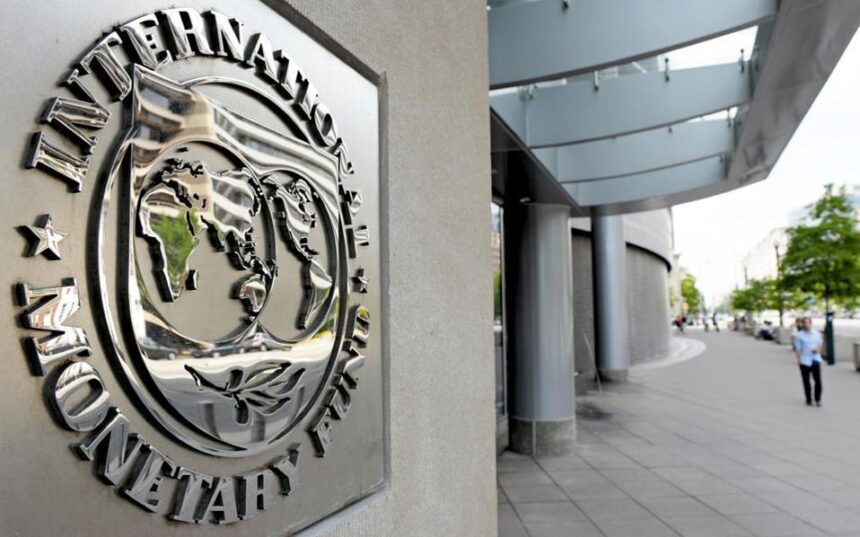At the end of September 2025, a staff delegation from the International Monetary Fund (IMF) is anticipated in Accra to evaluate Ghana’s economic development and carry out the Fund’s fifth assessment.
The visit will be the penultimate evaluation before the program ends in May 2026, coming after Ghana completed the fourth review earlier this year. April 2026 is the date of the final review.
Ghana may find it difficult to maintain fiscal restraint after leaving the program, according to market analysts, who characterize the fifth review as critical.
After IMF assistance ends, donor partners have urged the government to set up “shock absorbers” to ensure stability.
However, the administration maintains that there is no need for concern, stating that it has already taken steps to guarantee markets of ongoing spending restraint.
Ghana is anticipated to receive roughly US$360 million in October 2025 if this evaluation is successful. Since joining the IMF program, Ghana has received GH¢2.3 billion to date.
The Fifth Review’s Focus
The assessment will look at Ghana’s economic data until June 2025, paying particular focus to:
- Inflation performance.
- Sustainability of reserve build-up.
- Audit of arrears.
- Weak private sector banks in need of recapitalisation.
- State-owned banks facing recapitalisation challenges similar to NIB.
- Fiscal revenue shortfalls amid an appreciating currency and the need to meet the 1.5% of GDP primary surplus target.
- Arrears build-up in NHIL, GETFund, and Road Fund.
- Social spending gaps.
The IMF Program in Ghana
A 36-month Extended Credit Facility (ECF) agreement valued at SDR 2.242 billion (about US$3 billion) was authorized by the IMF Executive Board on May 17, 2023. This included an SDR 451.4 million (about US$600 million) payout right once, with further payouts contingent on the program’s successful completion.
Among the program’s top priorities are:
- Restoring public finances to a sustainable path by boosting domestic revenue and improving spending efficiency, while protecting the vulnerable.
- Expanding social protection, including doubling the benefits of the LEAP cash transfer programme and increasing allocations for school feeding.
- Implementing structural reforms in tax policy, revenue administration, public financial management, and addressing weaknesses in the energy and cocoa sectors.
- Controlling inflation through tighter monetary policy, eliminating central bank financing of the budget, and maintaining a flexible exchange rate to rebuild reserves.
- Preserving financial stability and encouraging private investment, growth, and job creation.






